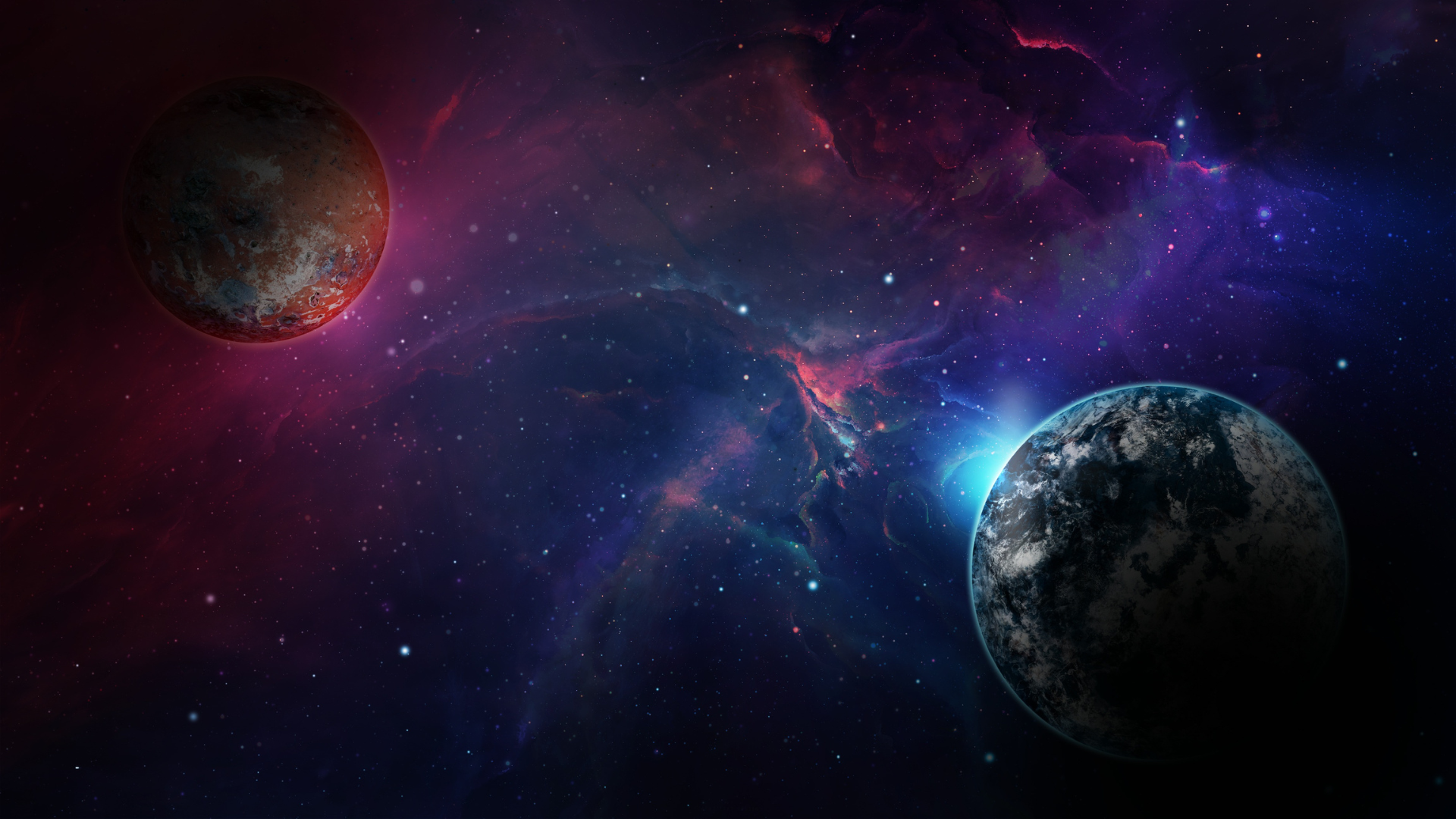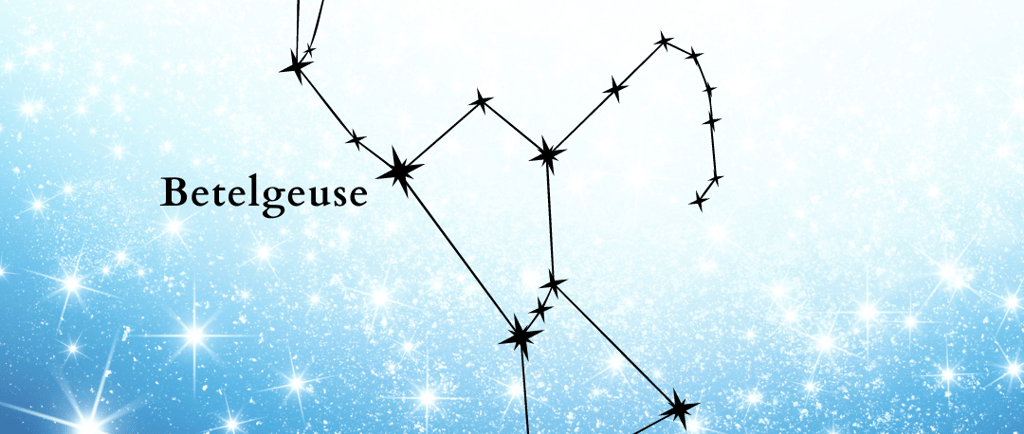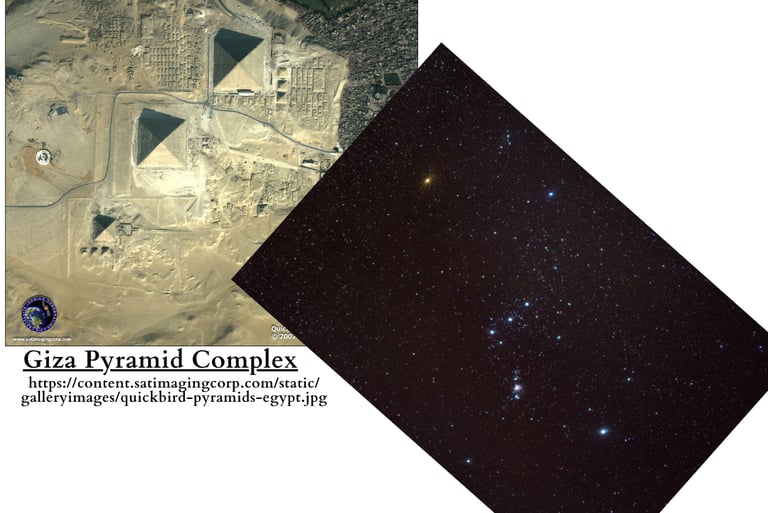
Want to boost your energy and recharge your spirit? Download your FREE journal here!
From Ancient Egypt to Modern Iowa: The Timelessness of Orion
The Orionid meteor shower highlights perhaps the most recognized constellation. Ancient people around the world revered the constellation of Orion. Today it still captivates stargazers around the world.
10/8/2024


From Ancient Egypt to Modern Iowa: The Timelessness of Orion
The month of October is one of my favorites, not just for Halloween, but because the Orionid meteor shower peaks around the 20th. I love meteor showers. Watching meteors streak across the night sky is exciting and almost magical.
Orion is perhaps the most recognizable constellation in the Northern Hemisphere. As I look upon Betelgeuse and Rigel (two of the giant stars), the belt stars, and the shield, I am awed by the fact that thousands of years ago ancient people around the world looked at the same stars with the same awe and wonder.
It is theorized that the ancient Egyptians so revered Orion (or Osiris) that they mirrored the constellation in the layout of the Giza Pyramid complex. Indeed, the three main pyramids do appear to line up just as the belt stars in Orion; their sizes even matching the brightness of the stars.
Not everyone subscribes to this theory, but I don't think it matters one way or the other. The fact that this same collection of stars has persisted throughout human history is what intrigues me. This constellation is one of the biggest, boldest, most in-your-face constellations in the sky. Even if you didn't know it had a name, when you look at the night sky you can't help but notice this grouping.
No matter where in the world or when in time, humans have integrated this constellation into their lives in some way. Whether the Sumerians, ancient Greeks, ancient Egyptians, or me—in modern-day Iowa, USA—we all look to the heavens and feel reverence for the stars that shine in the infinite cosmos. It's a thread that connects us all, through space and time.
This month has the added benefit of the Orionid meteor shower. The best viewing time is after midnight. If you're a night owl (or a very early bird) why not step outside and see if you can catch a glimpse of one of these shooting stars. As you search the night sky, possibly contemplating your own place in this vast Universe, consider the fact that 5,000 years ago an ancient Egyptian (or Greek, or Sumerian, or any other culture you fancy) stood, looking at the same stars, watching the same meteor shower, pondering the same existential questions.
We are all human souls on this planet, bound together by the timeless majesty of the infinite heavens.




